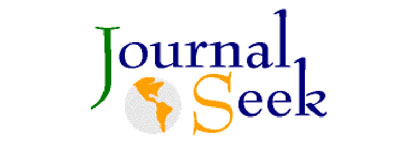Evaluation and Assessment of Water Quality Index: A Case Study in Kalitidu River, Bojonegoro
DOI:
https://doi.org/10.21776/ub.jpal.2019.010.02.03Keywords:
Kalitidu River, river pollution control, community care levelAbstract
There is an indication of water pollution in Kalitidu River, Jelu Village, Kalitidu District, Bojonegoro Regency due to domestic and agricultural waste disposal activities. The purpose of this study was to assessment of water quality index the Kalitidu River by conducting physical, chemical, biological and evaluation tests using SWOT analysis to control water pollution. This research employed quantitative descriptive and qualitative descriptive methods. The parameters tested included the physical (Temperature, TSS), chemical (pH, DO, BOD, COD, Total Phosphate, Nitrate, and MBAS) and biological (Phytoplankton, Zooplankton, and Total Coliform) elements. Kalitidu River water quality indicates that it is classified as lightly polluted, with a pollutant index value of 4.8 and with an average water debit of 2.198 m/s. The value of Phytoplankton Parameter is 24 Individuals/L whereas the value of Zooplankton is 10 Individuals/L. This reveals that the water quality is below the standards of river water quality and the water quality is included in Class II based on East Java Provincial Regulation Number 2 of 2008. From the evaluation of the SWOT analysis a recommendation was made to try to control the Kalitidu River, the initiation of PROKASIH (Clean River Program), building WDP (Waste Disposal Sites), and small group initiation to supervise and implement reforestation around Kalitidu River.
Downloads
Published
Issue
Section
License
Authors who publish with this journal agree to the following terms:
- Authors retain copyright and grant the journal right of first publication with the work simultaneously licensed under a Creative Commons Attribution License that allows others to share the work with an acknowledgement of the work's authorship and initial publication in this journal.
- Authors are able to enter into separate, additional contractual arrangements for the non-exclusive distribution of the journal's published version of the work (e.g., post it to an institutional repository or publish it in a book), with an acknowledgement of its initial publication in this journal.
- Authors are permitted and encouraged to post their work online (e.g., in institutional repositories or on their website) prior to and during the submission process, as it can lead to productive exchanges, as well as earlier and greater citation of published work (See The Effect of Open Access).














